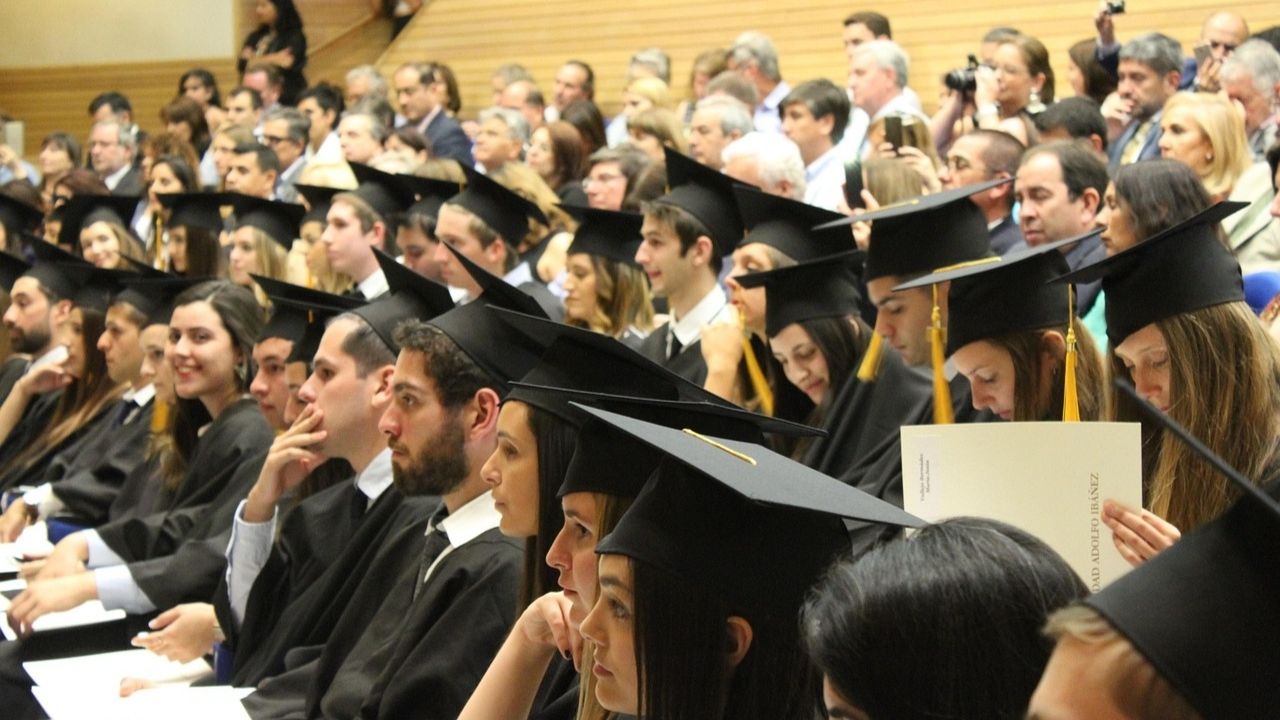Transitioning from high school to university life brings a significant increase in freedom and opportunity. There are countless educational, social, and extracurricular opportunities available. Students typically experience less parental supervision than before, and university instructors don’t monitor them as closely.
Freedom and opportunity are positive things, but receiving a lot of both at once can feel overwhelming. According to Loleen Berdahl, chair of Political Studies at the University of Saskatchewan and co-author of Work Your Career, many students struggle with stress, anxiety, and depression, particularly in their early years of university. But she doesn’t blame it on being lazy or going out too much. “The issue is that students leave the highly structured environment of high school where goals and expectations are clearly defined and enter university, where demands and opportunities come at them quickly, yet there is very little overall guidance on how to manage it all.” “Students aren’t lazy but they feel overwhelmed.” Here are Berdahl’s top suggestions for using time wisely in university.
Define Your Goals
University presents endless valuable options, so students must choose wisely. Berdahl recommends setting clear, prioritized, flexible goals early. Since time can’t be increased or controlled, using it to meet goals is key. Clear priorities help students decide how to spend their time.

Form Good Habits
Habits make tasks automatic and easier than relying on motivation. Because university lacks structure, students must create good habits themselves. Berdahl advises planning a realistic daily routine before the semester, then using calendars, reminders, and rewards to reinforce it. Starting early helps habits solidify so students can focus on their goals.
Divide Major Assignments With A Reverse Schedule
Berdahl explains that in high school, projects are broken into smaller parts and there is more support, while in university a major paper may simply be due at the end of the term. The best way to manage long-term assignments is to divide them into smaller tasks, set milestones, and hold yourself accountable. She suggests creating a backward timeline, which means writing the final due date in a calendar and then working backward through each step that is required, such as researching, outlining, drafting, editing, and meeting with the instructor, and deciding when each task must be finished. Although the paper may seem far away, students who use a backward timeline often realize they need to begin within a few days.
Know Your Peak Performance Times
Berdahl explains that not all hours are equally productive, since people have certain times of day when they are more focused and creative. Many students do not recognize their natural rhythms, and some mistakenly think they work best at night. She suggests experimenting intentionally by observing energy and concentration levels for a few days in order to identify patterns. Once students know when they are most effective, they should schedule their highest-priority and most difficult tasks during those hours and reserve low-energy times for less demanding work.

Don’t Neglect Self- Care
Berdahl explains that while studying is necessary for success at university, maintaining balance is just as important. She emphasizes that students who sleep enough, exercise, eat well, and have a healthy social life are able to study more effectively. This balance becomes even more crucial during stressful times such as exam season. She adds that students will not perform well with only a few hours of sleep and that they should take pride in achieving good results from focused study sessions rather than exhausting themselves by working for excessively long periods.
Stick To One Task At A Time
The text explains that multitasking harms concentration, since trying to study while checking email or using a phone results in wasted time. It is more effective to study with full focus for one hour and then take a one-hour break, rather than being distracted for two hours. To help with this, Berdahl recommends the pomodoro technique, which involves setting a timer for 25 minutes and turning off all distractions, so that you work on only one task until the timer ends. Afterward, you take a short break, move around, and check messages if necessary, before returning to another focused session.



